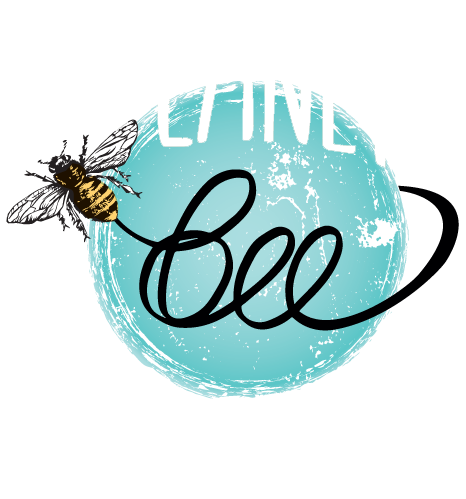
Bee Friendly Gardens

Creating a Bee-Friendly Haven in Your Backyard
Transforming your backyard into a haven for pollinators is not only rewarding but also essential for supporting the health of local ecosystems. By planting a variety of bee-friendly flowers and providing suitable habitats, you can help ensure the survival of vital pollinator species like bees. Here are some tips to get started on your journey to becoming a pollinator champion:
Choose Bee-Friendly Plants: Opt for native flowering plants that provide nectar and pollen throughout the seasons. Consider factors such as bloom time, flower shape, and color variety to attract a diverse range of pollinators.
Create a Continuous Bloom: Aim to have flowers blooming from early spring to late fall to provide a consistent food source for pollinators. Incorporate a mix of annuals, perennials, and flowering shrubs to ensure there's always something in bloom.
Plant in Clusters: Grouping flowers together in clusters makes them more visible and accessible to pollinators. This also allows bees to efficiently forage and collect nectar and pollen without expending unnecessary energy.
Provide Shelter and Nesting Sites: Bees need safe places to rest and nest. Incorporate features like rock piles, log piles, and bare ground patches to provide shelter for ground-nesting bees. You can also install bee hotels or nesting boxes for cavity-nesting bees.
Avoid Chemicals: Pesticides and herbicides can be harmful to bees and other pollinators. Opt for organic gardening methods and natural pest control solutions to keep your garden healthy without endangering beneficial insects.
Provide Water: Pollinators need water for hydration, especially during hot summer months. Create shallow dishes or trays filled with water and place them in sunny spots in your garden. Add rocks or pebbles to provide landing spots for bees to safely drink.
Educate and Inspire: Share your passion for pollinator gardening with others in your community. Encourage neighbors and friends to join you in creating bee-friendly habitats and advocate for pollinator-friendly practices.
By following these simple steps, you can turn your backyard into a thriving oasis for pollinators. Every flower planted and habitat created makes a difference in supporting the essential work of bees and other pollinating insects. Let's work together to protect and preserve these vital species for generations to come. Happy gardening!
Want to learn which plants are suitable for your planting zone or how to get organic seeds? Check out our Pollinator Garden resource page.
Read our Natural Pest Control guide for resources on bee-friendly means of pest control.

